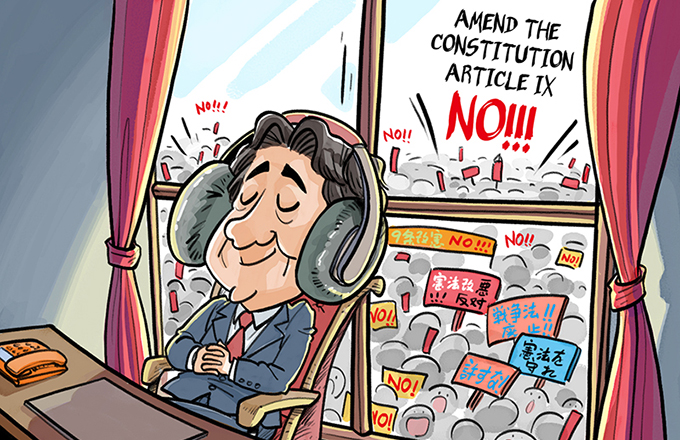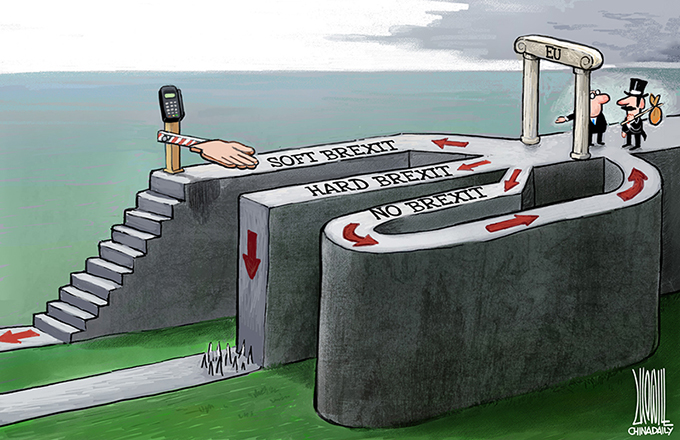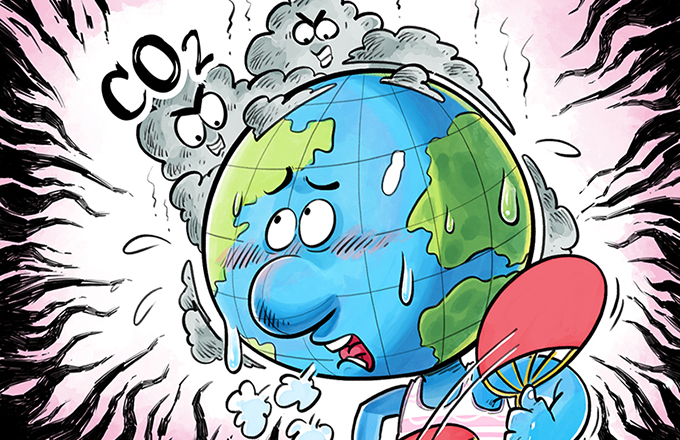禁煤区(jìnméiqū): No coal area
Coal is the main source of air pollution in Beijing, Tianjin and Hebei province. So the construction of a "no coal area" has become the major task of the three regions.
The construction of a national "no coal area" in the region of Beijing, Tianjin and Hebei was first advanced by the seventh meeting of the air pollution prevention and control working group in the three places and their surrounding areas in October last year.
Studies of Chinese Academy for Environmental Planning show that the pollutants due to the burning of coal for civil use in the winter account for more than 50 percent of the PM2.5 pollution in the three regions.
Beijing's coal consumption has reduced by about 10 million tons every year, and clean energy accounts for more than 80 percent of the city's overall energy consumption. It is also advancing a complete ban on the burning of coal in the six central urban districts by 2020. But in Hebei, about 80 percent of energy consumption still comes from coal burning, which requires great efforts to transform and upgrade the province's energy consumption.
Air pollution prevention and control in this region requires unified planning, standards, environmental protection inspections, supervision and law enforcement.



















